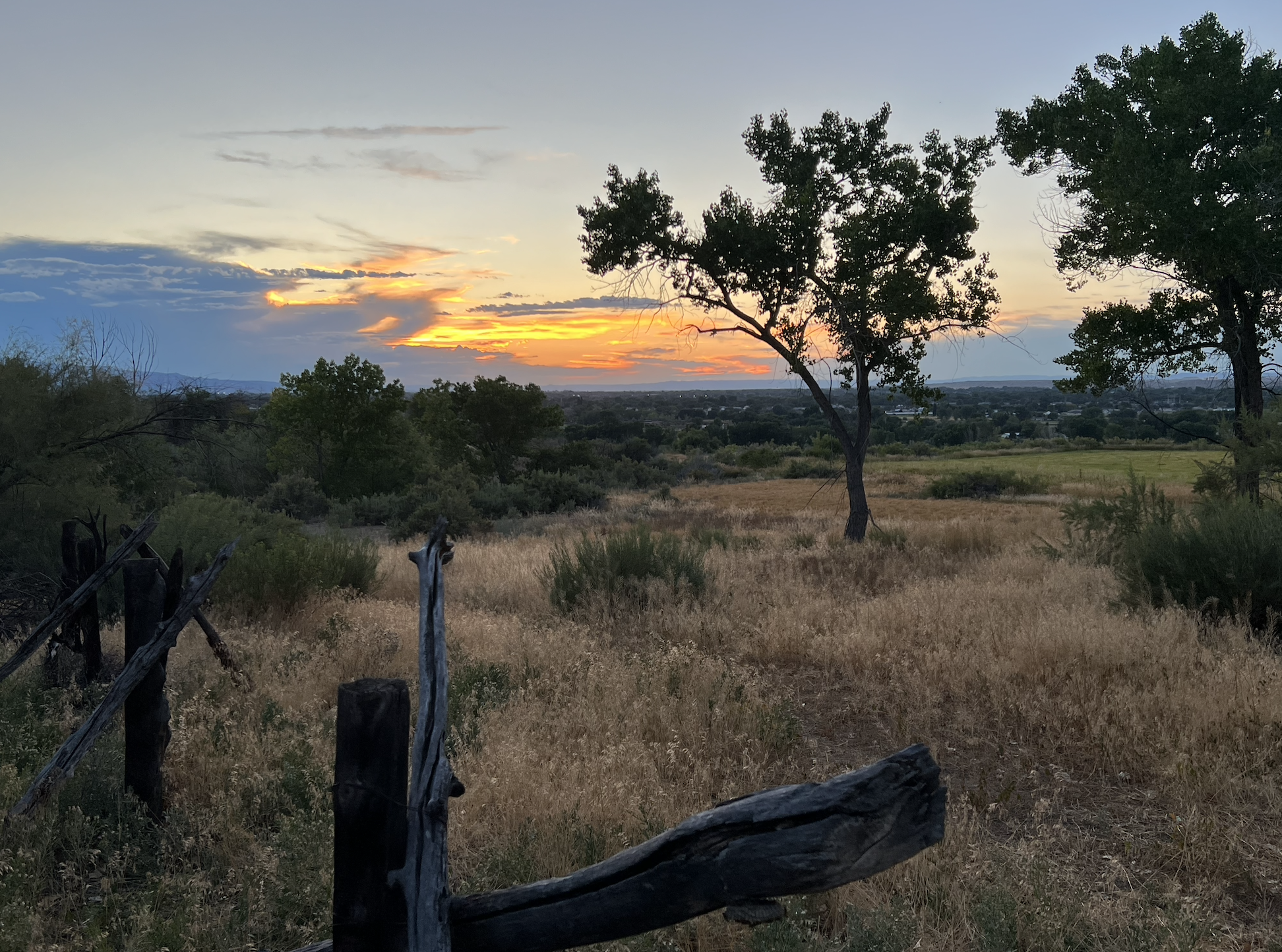I like mysteries. I like the unravelling of what was not known, revealed into more categories of the known. I like the feeling of “let’s get to the bottom of it.” I like the deeper understanding, particularly when it reveals an inherent simplicity that was there all along.
In working collaboratively, one layer of the “bottom of it” is “better decision-making.” That and “working better in teams.” We humans, whether in our teams, our committees, our communities, our churches, our families, our governments — I believe that we want to do good together. I believe that we want to be wise together. I believe that we want to experience the promise that “together we are better.”
“Better together” takes root in most philosophical and wisdom traditions. Wisdom councils. Democracy itself. It may seem only vaguely visible, but remains in most of us as a hope. Yet, the practice in life is often not going together. Most of us collapse in complexity, feeing our despair in overwhelm rather than leaning further in to our collectiveness.
I’ve read two pieces lately that highlight the need and a way of thinking about it. The first came from the Parliament of the World’s Religions, Executive Director, Larry Greenfield. His words that touched me are about “scaling back the sacred.” He was providing perspective on Donald Trump’s condescension into Utah this week to remove protection for two national and sacred monuments. It’s a very frustrating move that will surely battle out in the courts now. I know that it is very involved. However, I simply don’t trust Donald Trump’s maturity nor his motives in such a decision. It does not feel at all like “wiser together.”
The second piece I read is from Chris Corrigan’s blog, about better decision-making. The video that Chris includes, featuring Mariano Sigman and Dan Ariely is outstanding. It’s 8 minutes that both create the context and some really helpful and simple examples about doing better together. Enjoy it fully.
Here’s to all of us in the mystery together, perhaps most significantly, to reclaim, at the bottom of it all, the processes of engaging dialogue and diversity that we so desperately need these days to do good together.
